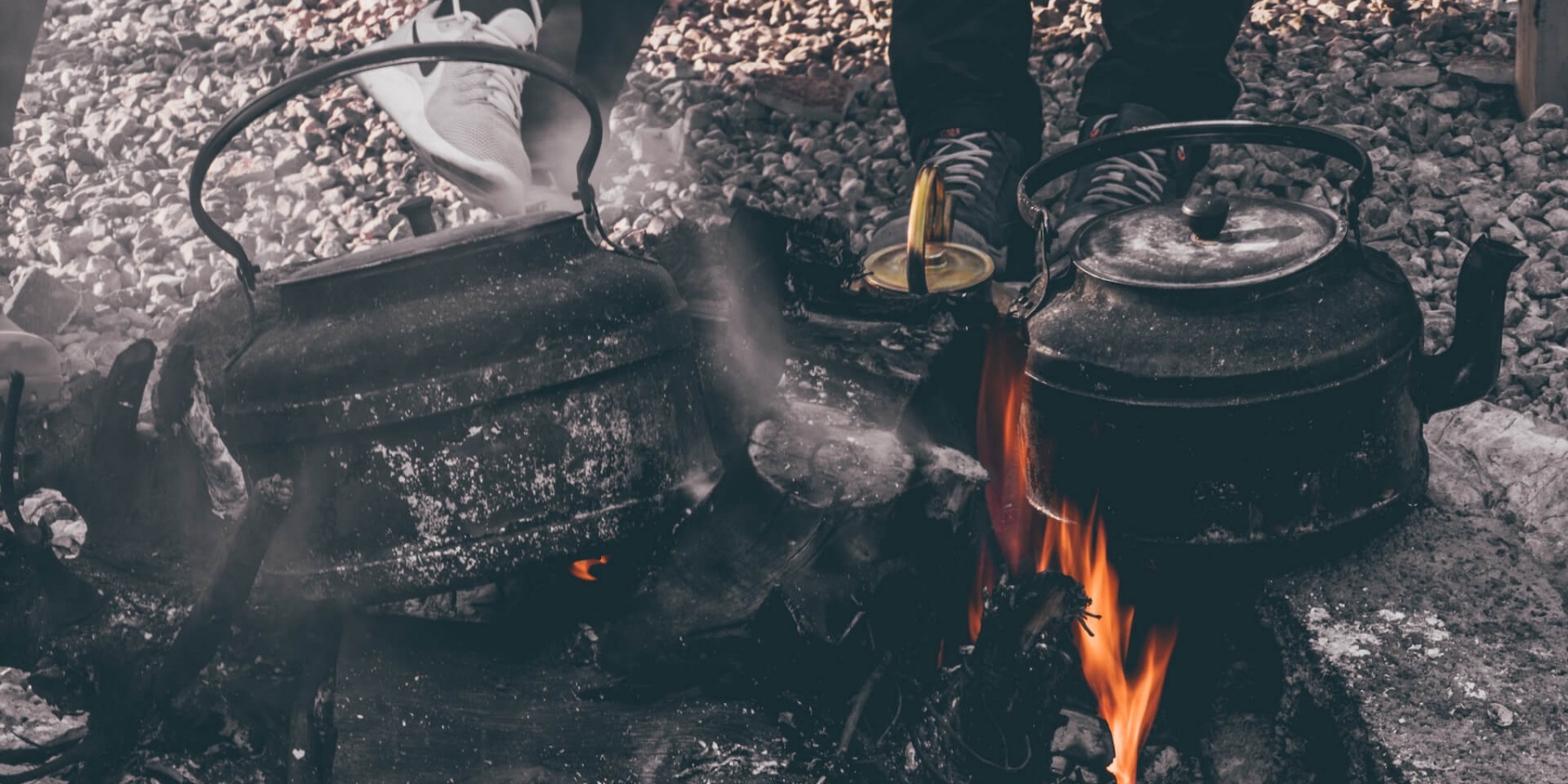An abundant supply of hot water is a critical utility in hotels, offices, hospitals and other commercial settings. When evaluating the best long-term solution for frequent hot water needs, commercial boilers offer compelling advantages over electric kettles in terms of productivity, operating costs and sustainability. This comprehensive guide explores the benefits of transitioning to efficient boiler systems for organizations with high daily demand.
Speed and convenience factors
Commercial boilers ensure continuous hot water on demand, offering a stark contrast to the inconvenient, intermittent supply of hot water from electric kettles, which require frequent refills and reboiling.
Continuous hot water on demand from boilers
Commercial boilers directly connect to existing plumbing and heating systems to deliver an unlimited supply of freshly heated water instantly whenever required. Larger high-capacity boiler models ranging from 50 to 140 gallons can easily sustain prolonged usage across hours without any disruption or depletion of hot water inventories. Even compact under-counter boilers with as little as 3 gallons capacity have fast heat recovery times under 10 minutes that ensure abundant hot water is always available on tap.
The kettle disadvantage of intermittent hot water
Electric kettles in contrast have severe limitations when it comes to performance and meeting high sustained demand. The small batch size of under 1.5 quarts means water constantly needs to be manually refilled and set to reboil every few cups consumed during peak usage periods. This introduces inconvenient gaps and waiting times of 5-7 minutes for hot water between cycles that severely impacts workflows. Shifting staff away from core work frequently to operate kettles reduces productivity. Beyond a few sporadic demand peaks daily, electric kettles cannot support usage rates typically associated with large commercial facilities.
Operating cost and environmental efficiency
Commercial boilers offer significant lifecycle cost benefits and confirmed lower costs through real-world case studies, coupled with environmental sustainability advantages, making them a more efficient and eco-friendly choice over electric kettles.
Total lifecycle cost benefits of commercial boilers
While commercial gas or electric boilers require greater upfront capital investment for equipment and installation in the range of $2000 to $7000 depending on capacity, their exceptional energy efficiency results in significantly lower utility and operating expenses long-term in comparison to electric kettles.
Based on serving an illustrative 150 cups of hot beverages daily, the cumulative energy and replacement costs for electric kettles operating at 70% efficiency exceed total lifecycle costs for a commercial boiler system engineered for over 95% efficiency within 5 years of use. More significantly from an operating budget perspective, costs break-even within the first 2 years itself after which boilers continue to accrue substantial cost savings year after year from lowering energy consumption.
Real-world case studies confirm lower costs
Practical examples from hospitality and corporate office scenarios confirm commercial boilers reduce annual energy spending by 48% to as high as 270% over the equivalent number of electric kettles needed to fulfil the same hot water volume demand daily. The rapid payback periods ranging from just 12 months to 16 months showcase the impressive ROI when upgrading to an appropriately sized boiler.
Environmental sustainability benefits
Besides economic merits, commercial boilers enable organizations to minimize their carbon footprint and environmental impact from fossil fuel-based electricity generation. Conventional electric kettles suffer from repeated energy-intensive reboil cycles daily to keep up with demand. In contrast, modern high-efficiency boilers sustain continuous flows for hours while conserving water simultaneously when integrated with recycling loops. For green building rated facilities with environmental commitments, transitioning to energy-efficient boiler systems aligns with internal sustainability goals while qualifying for utility rebates and tax incentives available for commercial infrastructure upgrades.
Conclusions and recommendations
When daily organizational demand exceeds 50 gallons across hot water needs for pantries, cleaning, hospitality services etc., the use of quick-recovery and reliable commercial boilers is strongly preferred over relying on electric kettles. Though higher in upfront costs, boilers provide unmatched operating advantages and substantially lower expenses from optimizing energy consumption, costs and emissions.
Organizations stand to benefit ecologically and economically within a short 2-year payback period after which boilers continue to responsibly streamline hot water supply at a fraction of the expense of alternatives. Their long-term solution value makes investing in the right commercial boiler capacity a prudent strategic imperative.


